Tag: Featured
-

Light therapy could improve brain function in TBI, PTSD
Boston University and VA Boston Healthcare System‘s Margaret Naeser is testing the effects of light therapy on brain function in Veterans with Gulf War Illness. Veterans in a recent study wore helmets lined with light-emitting diodes that apply red and near-infrared light to the scalp. Diodes were also placed nostrils, to deliver photons to the deeper parts of…
-

Keystroke patterns to detect early Parkinson’s
Madrid-MIT M+Vision Consortium researchers used keystroke patterns to diagnose motor function impairing conditions, such as Parkinson’s disease. In a Scientific Reports paper, they described their algorithm’s ability to distinguish keystroke patterns of sleep deprived typers, and rested typers. A study of 24 Parkinson’s patients suggested that the keystroke algorithm can also distinguish people who have the disease from…
-
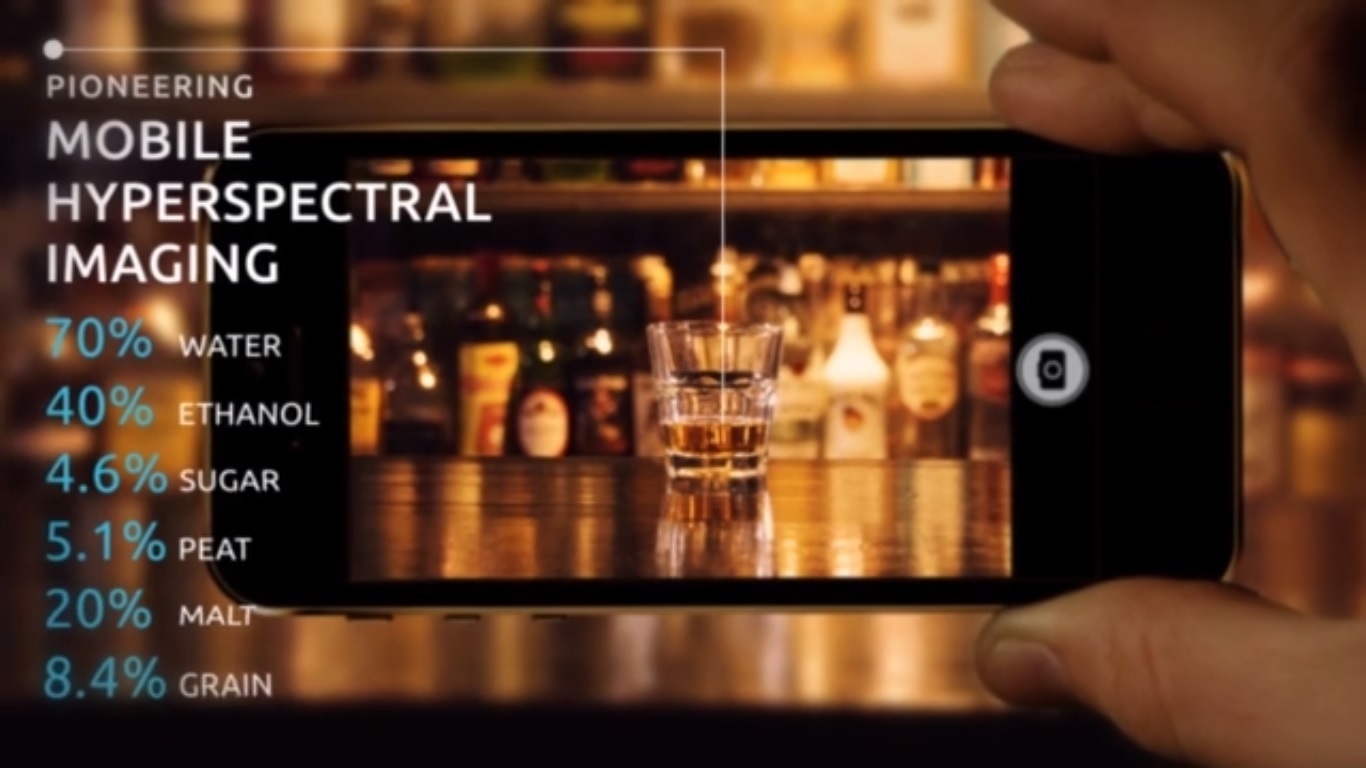
Mobile hyperspectral “tri-corder”
Tel Aviv University‘s David Menlovic and Ariel Raz are turning smartphones into hyperspectral sensors, capable of identifying chemical components of objects from a distance. The technology, being commercialized by Unispectral and Ramot, improves camera resolution and noise filtering, and is compatible with smartphone lenses. The new lens and software allow in much more light than current smartphone camera…
-
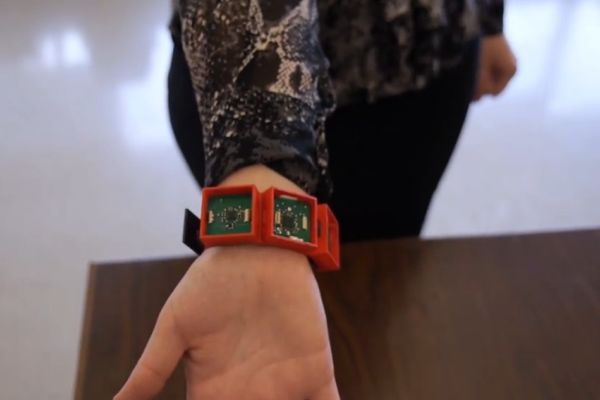
Wearable detects asthma triggers
North Carolina State University‘s Veena Misra is developing a wearable that detects asthma triggers. The device monitors environmental factors, such as ozone, carbon monoxide and nitrogen dioxide levels, as well as vital signs including heart rate and hydration. Sensor data is transmitted wirelessly to a phone or physician’s office. The intention is to guide people away…
-
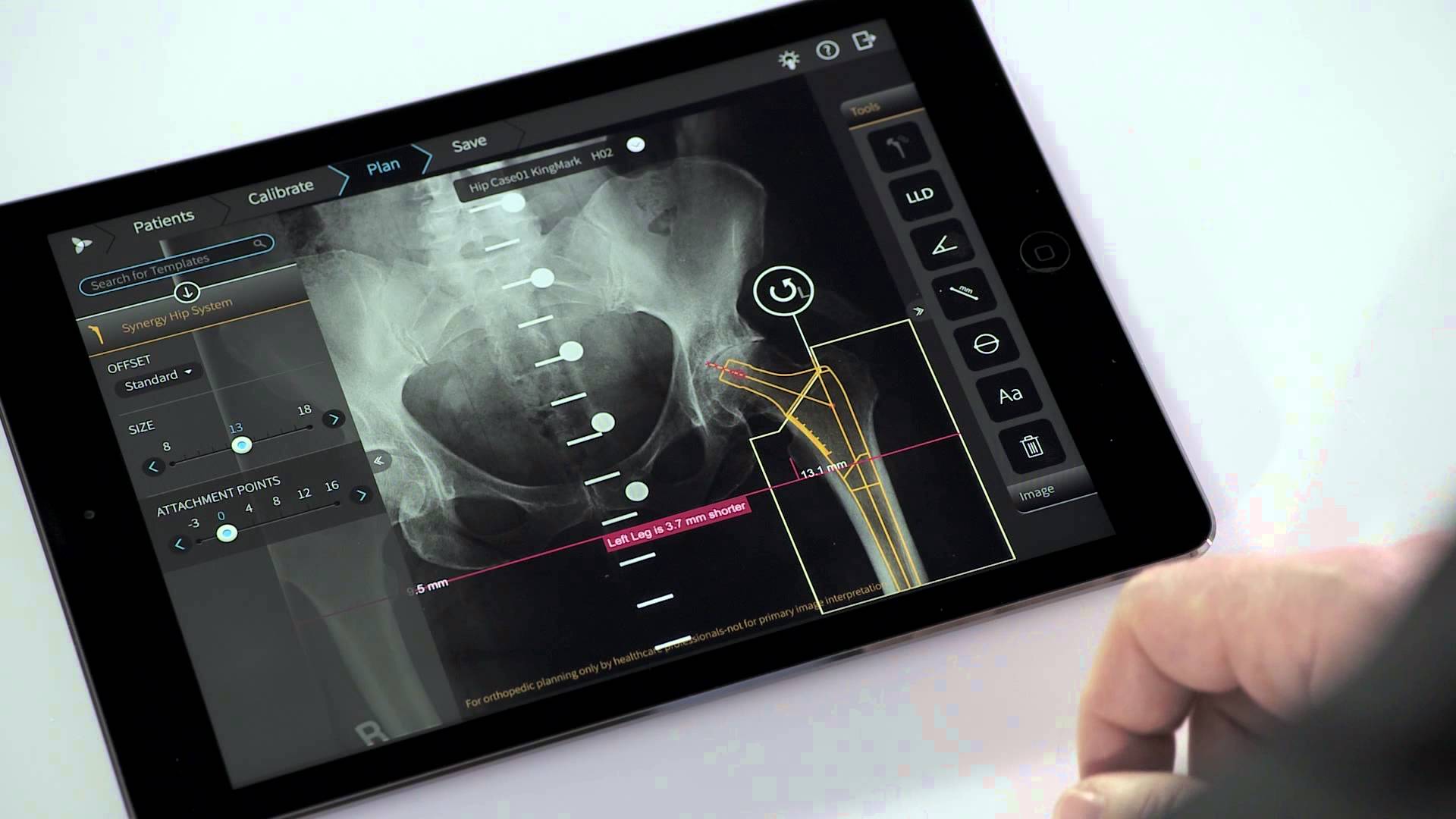
App helps orthopedic surgeons plan procedures
Tel Aviv based Voyant Health‘s TraumaCad Mobile app helps orthopedic surgeons plan operations and create result simulations. The system offers modules for hip, knee, deformity, pediatric, upper limb, spine, foot and ankle, and trauma surgery. The iPad app mobile version of this decade old system was recently approved by the FDA. Surgeons can securely import medical images from the…
-
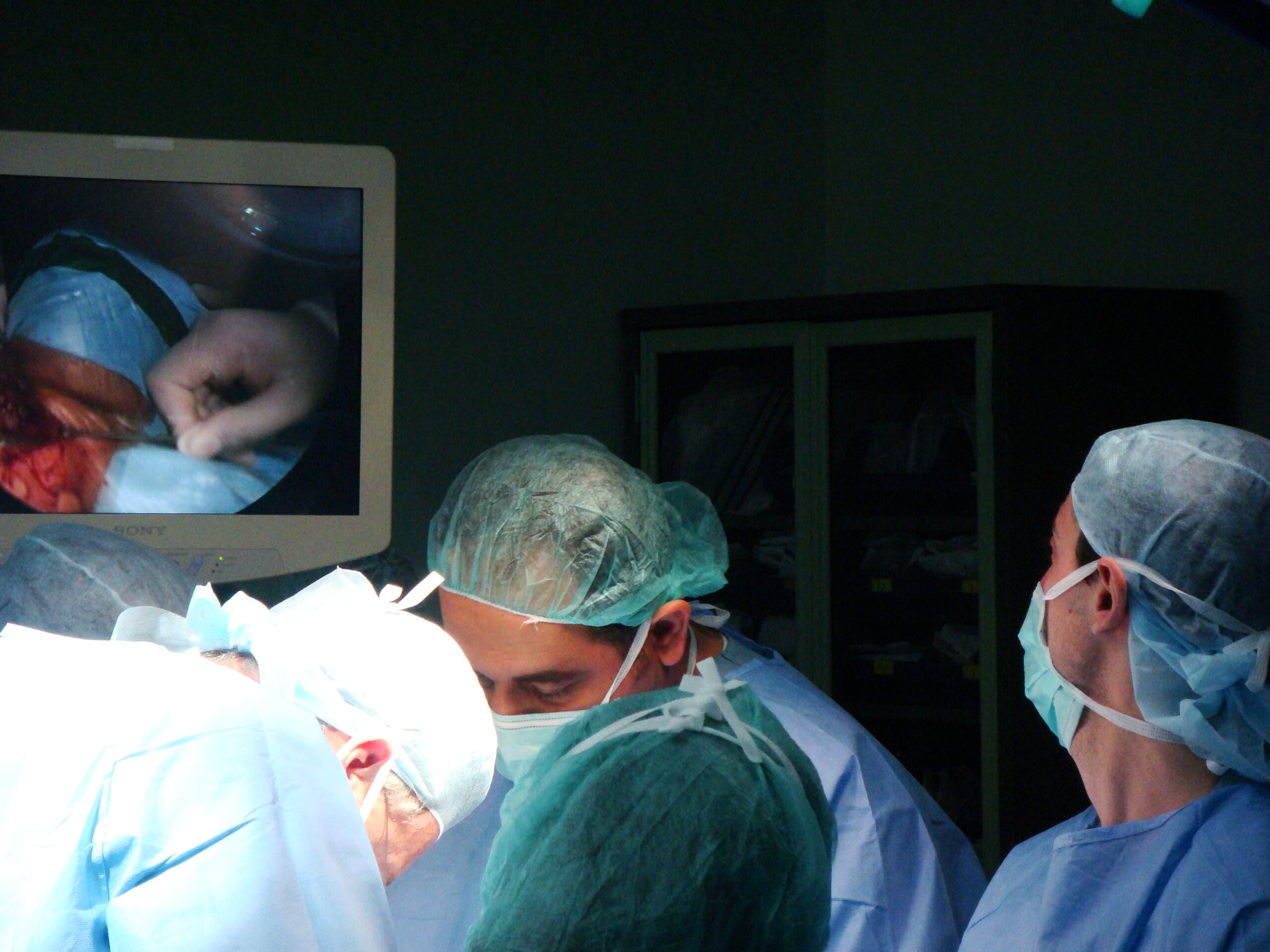
Robotic-assisted platform to improve surgical accuracy
Google and Johnson & Johnson have announced Ethicon, a robotic assisted surgical platform partnership. Google’s machine vision and image analysis software will help surgeons see more clearly as they operate. During an operation, surgeons rely on several screens for information such as medical images, test results or guidance on atypical condition procedures. Google’s software could show…
-
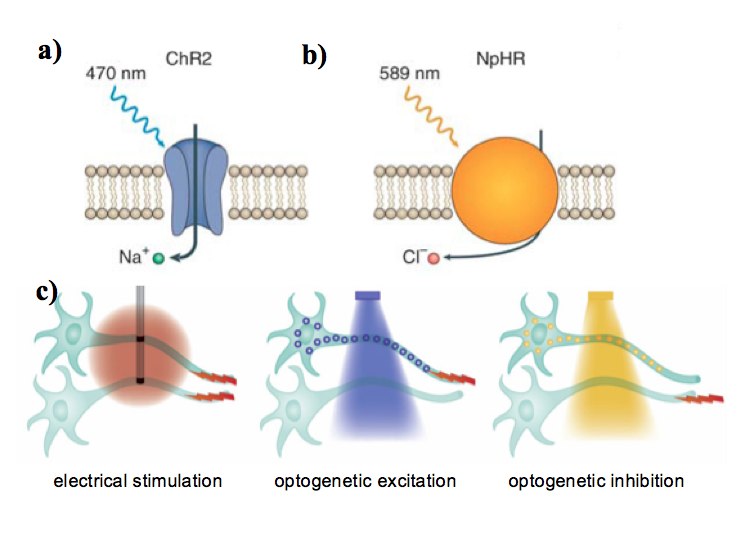
Gold nanoparticles enable optogenetics with out genetic manipulation
University of Chicago‘s Francisco Bezanilla has published a study detailing the use of targeted gold nanoparticles to allow light to activate neurons. He describes it as optogenetics with out genetic manipulation. Optogenetics has relied on genetic modification, limiting its use to few model organisms. Bezanilla previously demonstrated that normal, non-genetically modified neurons can be activated by heat…
-
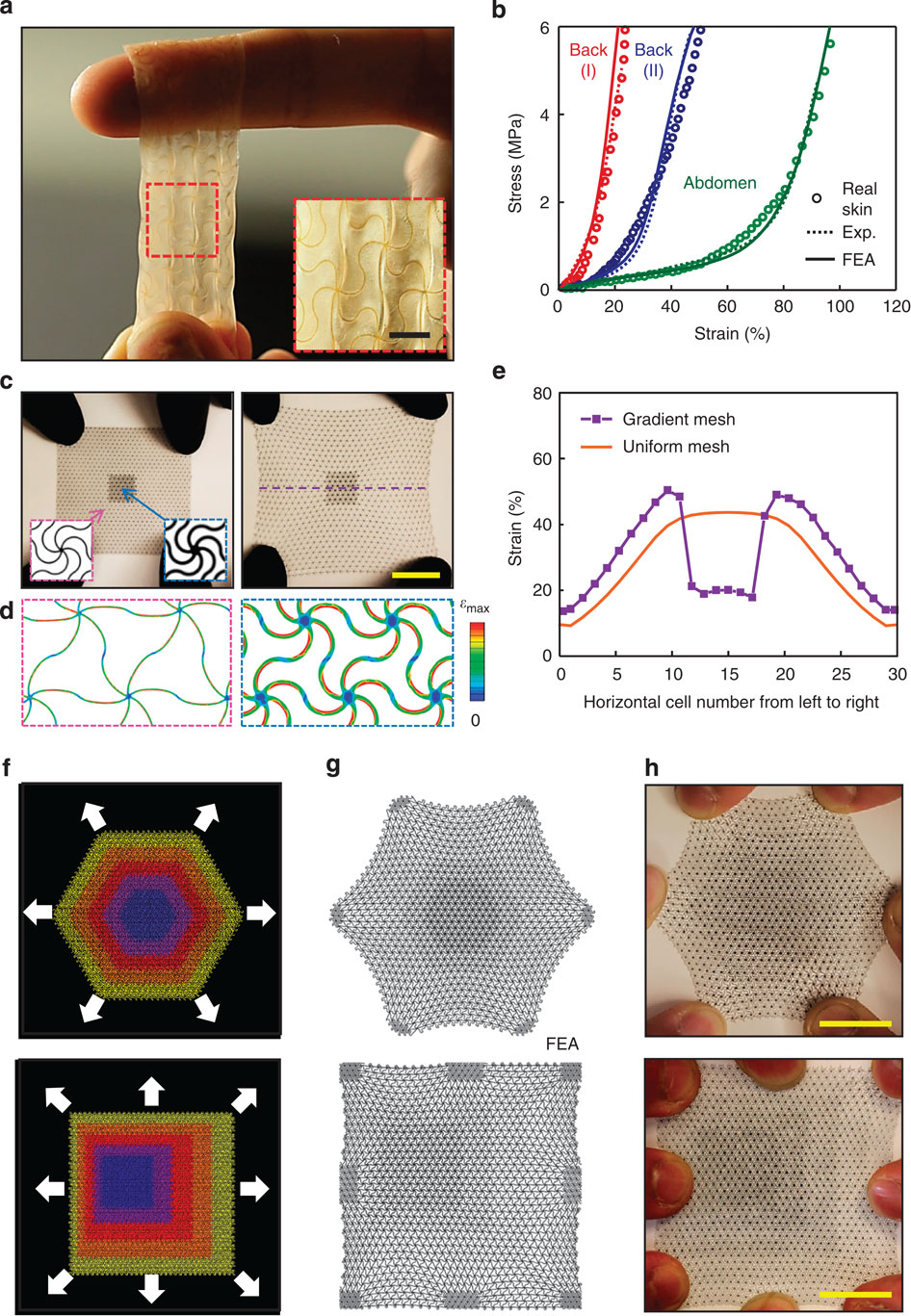
Strong, elastic artificial “skin” mimics collagen structure
Jang Kyung-in, of the Rogers Research Group at the University of Illinois, has developed artificial skin, intended for health monitoring, that mimics the structure of collagen. The strong and elastic platform is well suited for silicone-based electronic sensing systems. It will attach to real skin like a band-aid. Users can apply and remove it multiple times without damage.…
-
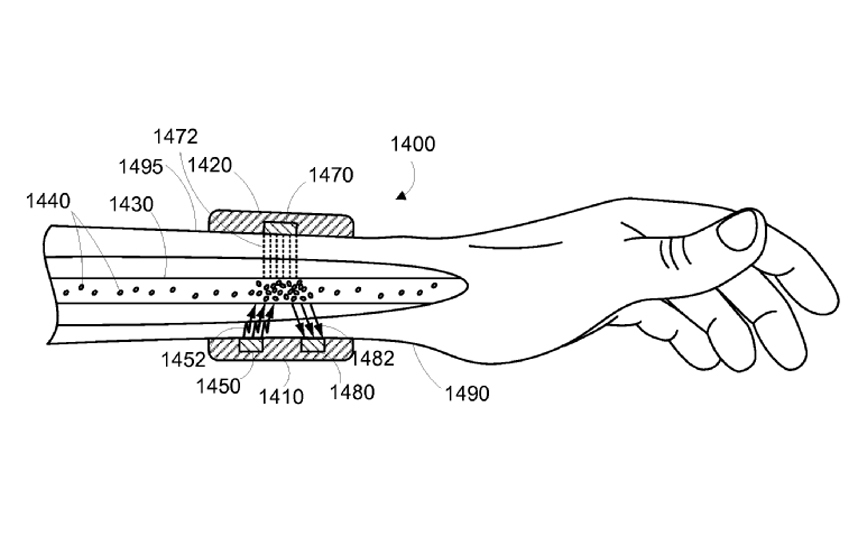
Google files patent for cancer targeting wearable
Following its patent application for a pill that “paints” cancer cells for scanner detection, Google has filed a new patent for a wearable to detect and destroy the painted cells. It describes a Calico developed device that “can automatically modify or destroy one or more targets in the blood that have an adverse health effect”. These could…
-

Small study shows Alzheimer’s drug significantly slows cognitive decline
A small study of an experimental Alzheimer’s drug from Biogen Idec significantly slowed cognitive decline and reduced what is believed to be brain destroying plaque in early and mid stage patients. The drug, Aducanumab, or BIIB037, was tested on 166 people, divided into five groups Each of four groups received a different dose. The fifth…
-
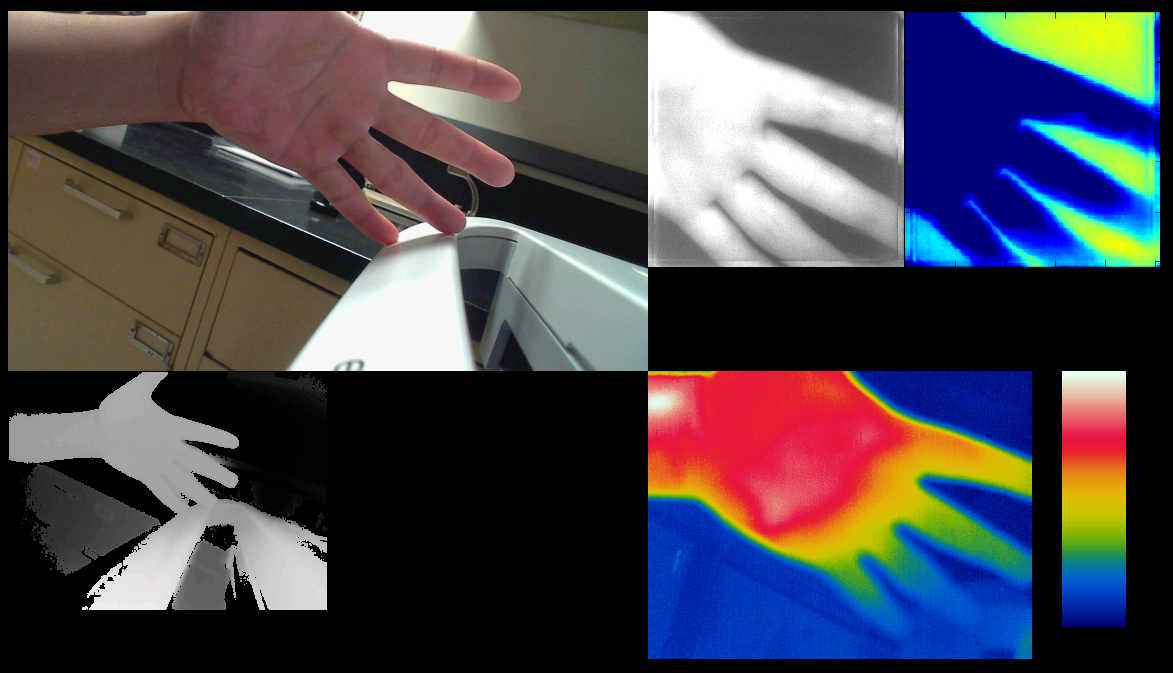
Sensor probe to prevent hospital pressure ulcers
GE and the US Dept of Veterans Affairs have developed a multi sensor probe to detect the earliest signs of pressure ulcer formation. The device combines computer vision with motion detection, thermal profiling, image classification, 3-D object reconstruction and vapor detection to identify patients at risk and improve treatment. Hospitals generally advise caregivers to turn…
-

Robot helps build social skills in autistic kids
Milo by RoboKind is a humanoid robot designed to engage and build social skills in children with autism. It is used with the company’s Robots4Autism curriculum which includes conversation, social situation, and emotional understanding modules. Milo is 2 feet tall, with a childlike voice and facial features. Its arms move and facial expression change. Sensors gauge eye contact, which is…